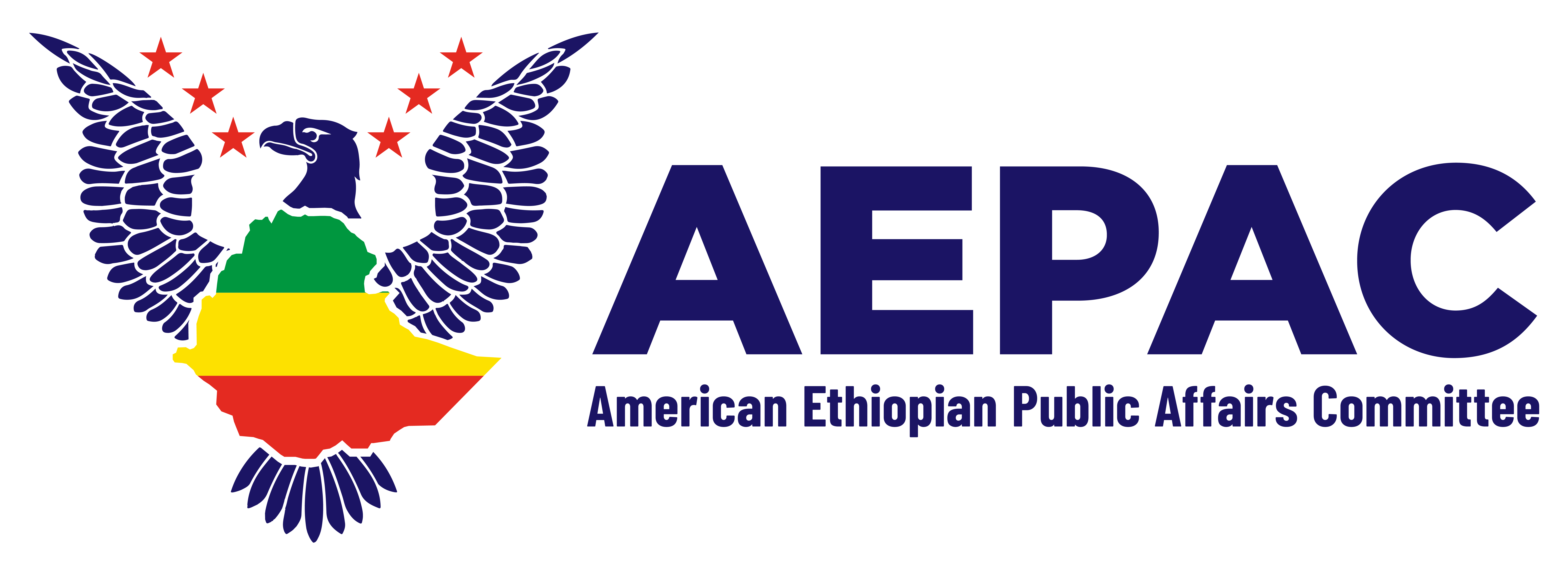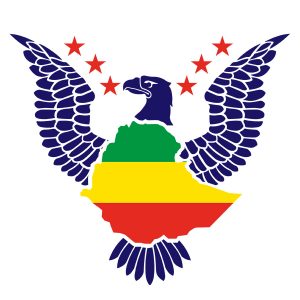The U.S. and Ethiopia are at critical but not impassable crossroads – perspective by Mesfin Tegenu
June 21, 2021
Mesfin Tegenu is the Executive Chairman of the American Ethiopian Public Affairs Committee (AEPAC). Views expressed here are his, and do not represent those of Today News Africa. Our publication publishes all views to reflect balance no matter how controversial they may be. The scenes at a recent anti-U.S. rally on the streets of Ethiopia’s capital were more than disheartening, they were not at all symbolic of what has been a strong and supportive relationship between the two nations. But there they were – protestors gathered in their tens of thousands in Addis Ababa – another clear sign that relations between the United States and Ethiopia have reached a critical juncture.
The calls on Capitol Hill for sanctions over the devastating Tigray conflict are increasing daily. That’s why now is a good time to recall the shared values and geopolitical interests that built the fundamentals of the countries’ close association which has endured over 100 years. Ethiopia is continually recognized as one of America’s most effective allies on the African continent, not just for security cooperation but also in the areas of health care, education, and food security. Pre-pandemic, the country boasted one of the fastest growing economies in the world, experiencing average growth of 9.4% a year from 2010/11 to 2019/20, and it is a strong export market for U.S. goods. In the United States, the Ethiopian Diaspora is the second largest African immigrant group after Nigeria and expatriate Ethiopian Americans are community and business leaders who play an important role in influencing political reforms in Ethiopia. Our work at the American Ethiopian Public Affairs Committee is to cement these mutually beneficial ties and forge an even stronger connection. But, in November last year the Tigray People’s Liberation Front attacked and seized Ethiopia’s Northern Command Headquarters. The resulting conflict in Tigray, a regional state in the north of Ethiopia, has been tragic for the nation and its stability – it is heart-breaking for all Ethiopians. Those individuals enduring the crisis are my brothers and sisters and international calls for access to humanitarian aid are absolutely justified. AEPAC’s concern is that there is a lack of understanding and context to this extremely complex conflict that is fueling a misinformed narrative among U.S. decision makers.
The TPLF left the coalition Government in 2018 after decades in power. They have frustrated the succeeding Government ever since it was formed. To move forward and restore Ethiopia’s strength, as well as its reputation amongst the international community, the focus must be on facts and on action. The facts are that the Ethiopian government has pledged to address atrocities committed by all sides during the conflict. A transparent joint human rights investigation has been established with the UNHCR and a number of soldiers have already been charged with rape and murder. Humanitarian assistance is flowing into the worst-hit areas, and work is beginning to rebuild economic and social infrastructures in the region. The government is tackling its responsibilities in Tigray, but also elsewhere – one of which is to push forward and lead the country through free and fair elections this week. These democratic and internationally observed elections and the government’s actions to stabilize Tigray can serve as a reminder to the United States of exactly why Ethiopia is such a pivotal friend in Africa. Attempts to weaken the current government will undoubtedly set back the country’s progress, which means a more constructive stance is needed from the Biden Administration. As a member of the American Ethiopian community and having lived in the United States for 35 years, I recognize that relations between the two nations may be at a critical crossroads right now but, hopefully this can be a journey that leads to even stronger future ties.
Best regards,
AEPAC Team
www.aepact.org

